According to a United Nations investigation, world body researchers are “Making significant progress” gathering evidence to prosecute ISIS for atrocities in Iraq and the Levant. U.N. personnel have been gathering documentary, digital, testimonial and forensic evidence for use in prosecuting ISIS members.
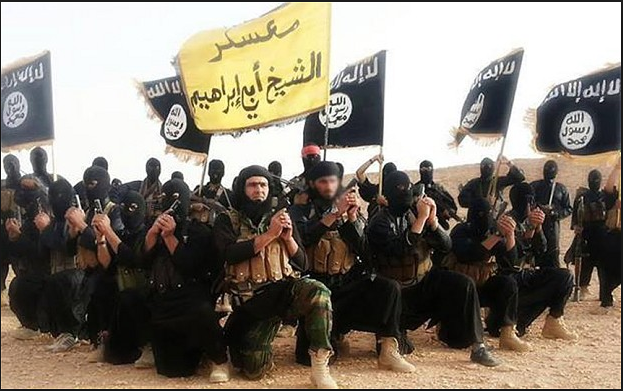
ISIS grew dramatically following President Obama’s withdrawal of all U.S. troops in Iraq, which began in June 2009 and was completed by December of 2011.
The United Nations Investigative Team to Promote Accountability for Crimes Committed by Da’esh/Islamic State in Iraq and the Levant (UNITAD), established by Security Council resolution 2379 (2017), reviewed over 600,000 videos related to ISIL crimes, as well as over 15,000 pages of internal ISIL documents originally obtained from the battlefield by leading investigative journalists, according to Karim Asad Ahmad Khan, Special Adviser and Head of UNITAD.
The Initial investigative work focuses on three areas, including attacks committed against the Yazidi community in the Sinjar district in August 2014, crimes committed in Mosul between 2014 and 2016, and the mass killing of unarmed Iraqi air force cadets from Tikrit Air Academy in June 2014.
Representatives of governments across the planet have weighed in on the issue. The American delegate said stated that Washington will not waver in “holding ISIL accountable for the unspeakable atrocities it committed. Equatorial Guinea’s representative said that the presence of more than 200 mass graves deserves nothing less than justice for the victims and accountability for those responsible. The German speaker, emphasizing that ISIS heinous acts did not stop at Iraq’s borders, urged ongoing action to further explore transnational cooperation as it pursues its investigations, welcoming steps taken by the Investigative Team and the Iraqi authorities to facilitate the transfer of evidence. He also stressed the need for Iraq to incorporate provisions on international crimes into its national criminal law, calling on the Government to strengthen the rule of law in judicial proceedings.
France’s representative, recalling her country’s opposition to the death penalty, said evidence sharing must respect United Nations best practices and international standards. Her counterpart from Côte d’Ivoire stressed that the differences in interpretation of Council resolution 2379 (2017), regarding the possibility of evidence collected by UNITAD leading to the application of the death penalty, must not affect the work of UNITAD.
Iraq’s delegate commended the work of UNITAD while asking the body to fully respect Iraq’s sovereignty and judicial process. The evidence collected must be used fairly in proceedings conducted in competent Iraqi courts, he emphasized.
Khan said that the Investigative Team has sought to ensure that the experiences and voices of survivors, witnesses and communities are placed at the center of its work. These survivors — Shia, Sunni, Yazidi, Christian, Kaka’i, Shabak and Turkmen — have been impacted by the crimes of ISIL and their message has been clear: ISIL must be held accountable for its crimes. He emphasized that the call for accountability is not one of revenge, but of justice.
A U.N. statement noted that “The scale and barbarity of the crimes committed by ISIL have ultimately served not to divide but to unify. The call for individual ISIL members to be held accountable, and for their crimes to be recognized and prosecuted as offences under international law, has been urgent and clear. The courage and strength seen across religious groups, regional borders and political divisions in denouncing ISIL crimes, and the willingness of those most impacted to come forward to provide their accounts, has demonstrated the absolute failure of ISIL to sow division among the people of Iraq or to intimidate them into silence. Second, it is understood that the ultimate success of the work of UNITAD will depend on the Investigative Team’s ability draw on its independent and impartial status in order to harness this unity of purpose, to make its work the product of a collective endeavour …”
Frank Vernuccio serves as editor-in-chief of the New York Analysis of Policy & Government.


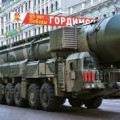
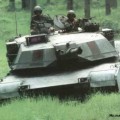
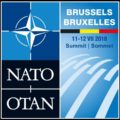
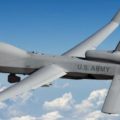











Follow Us